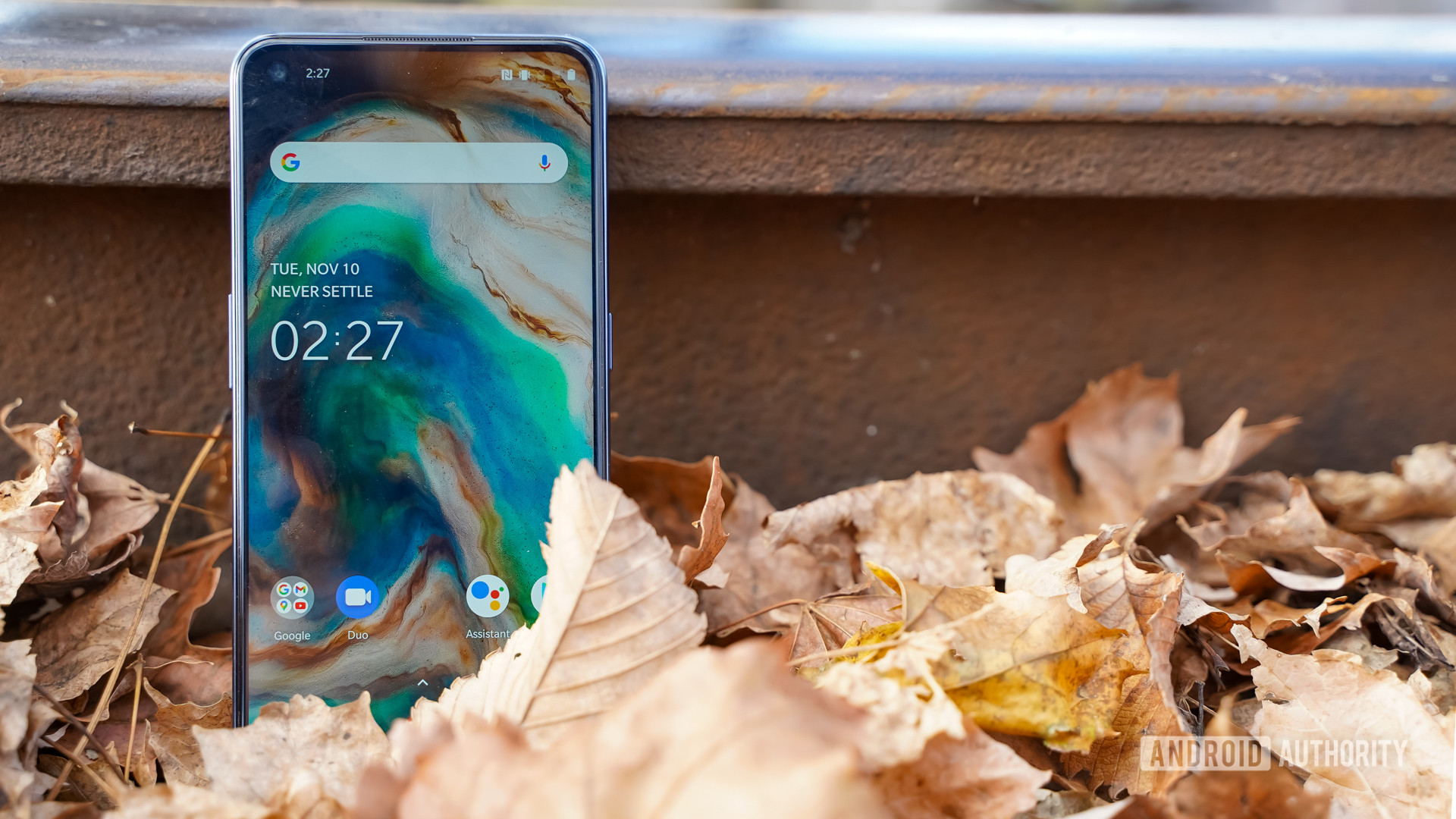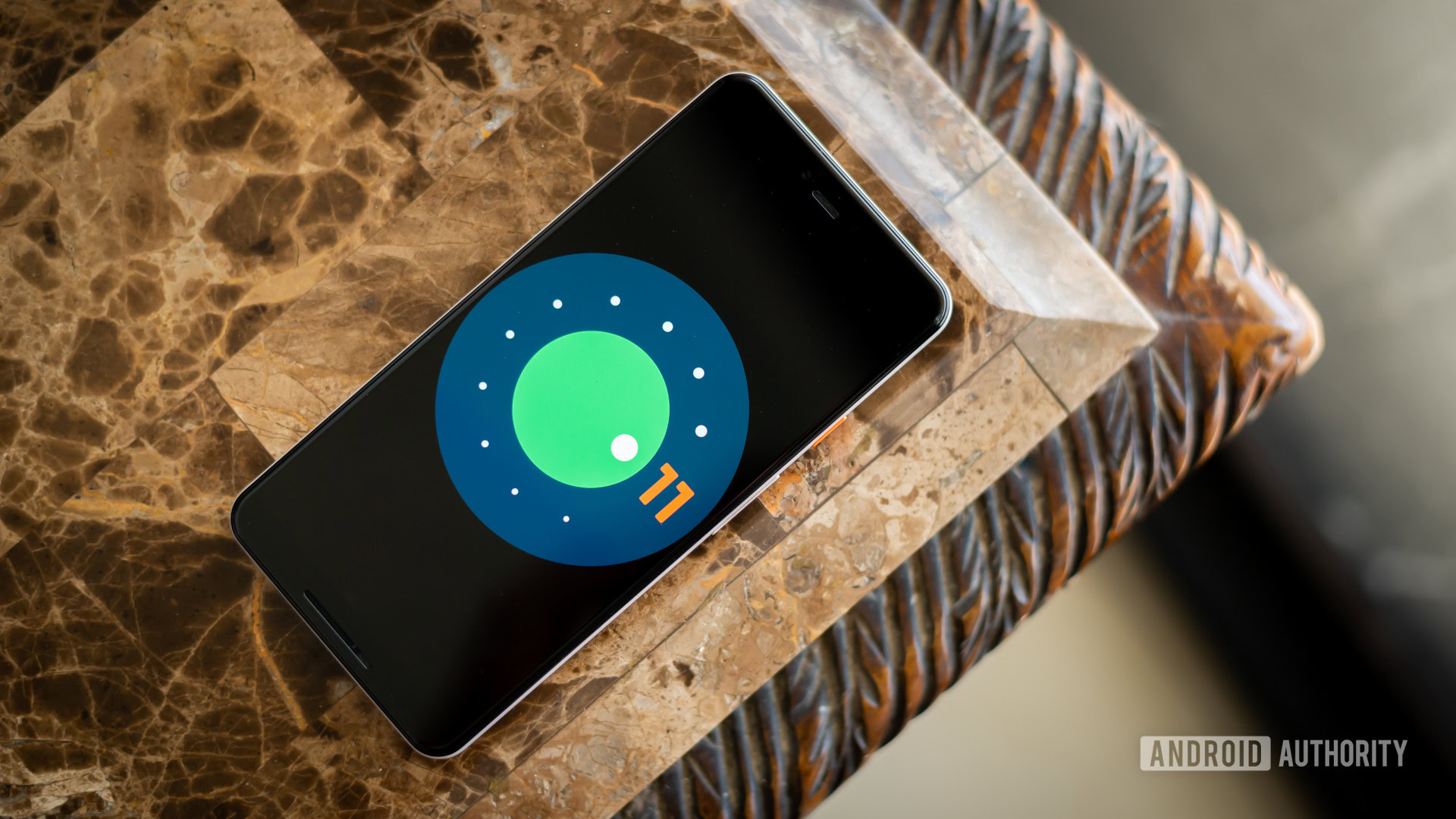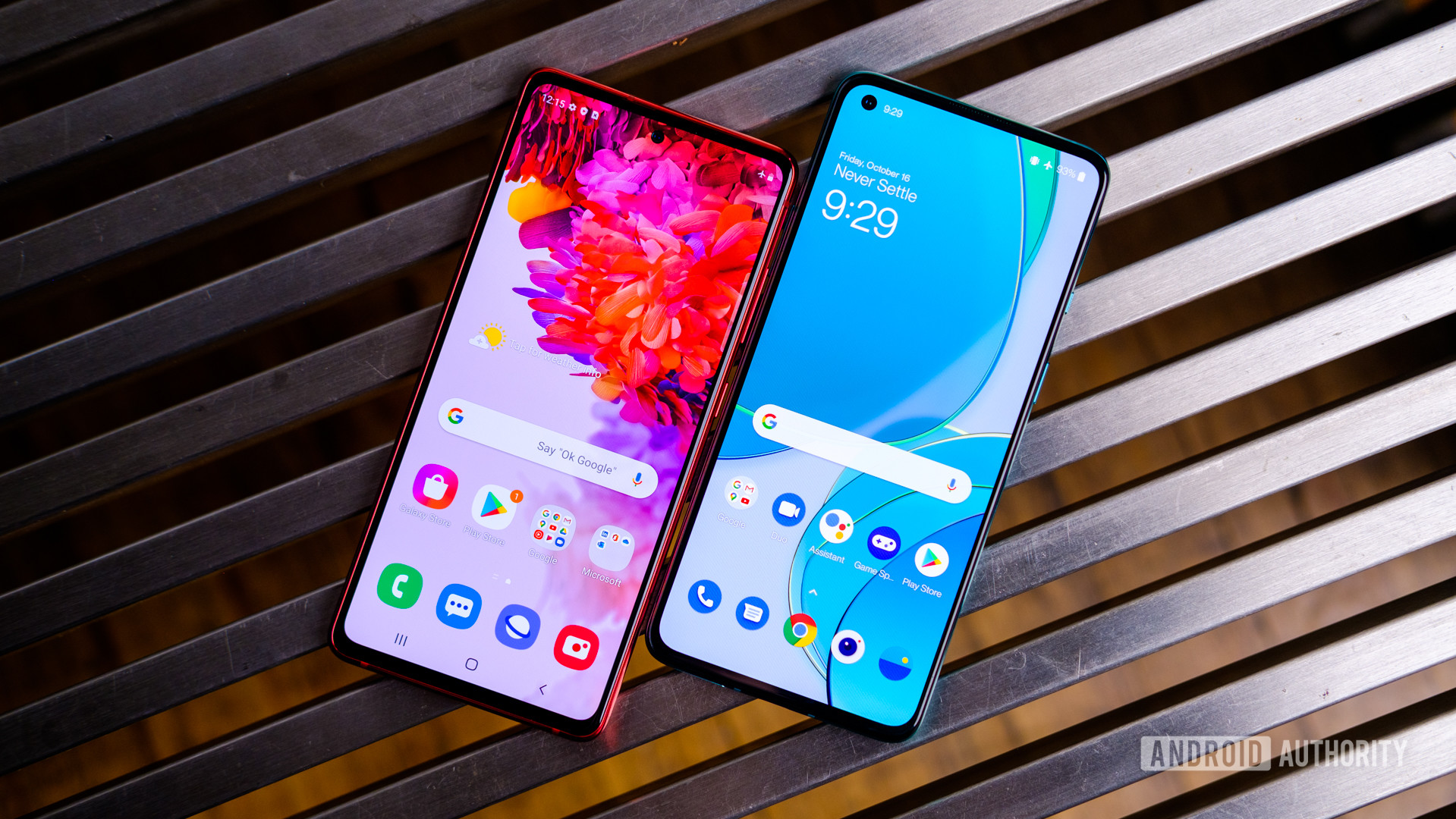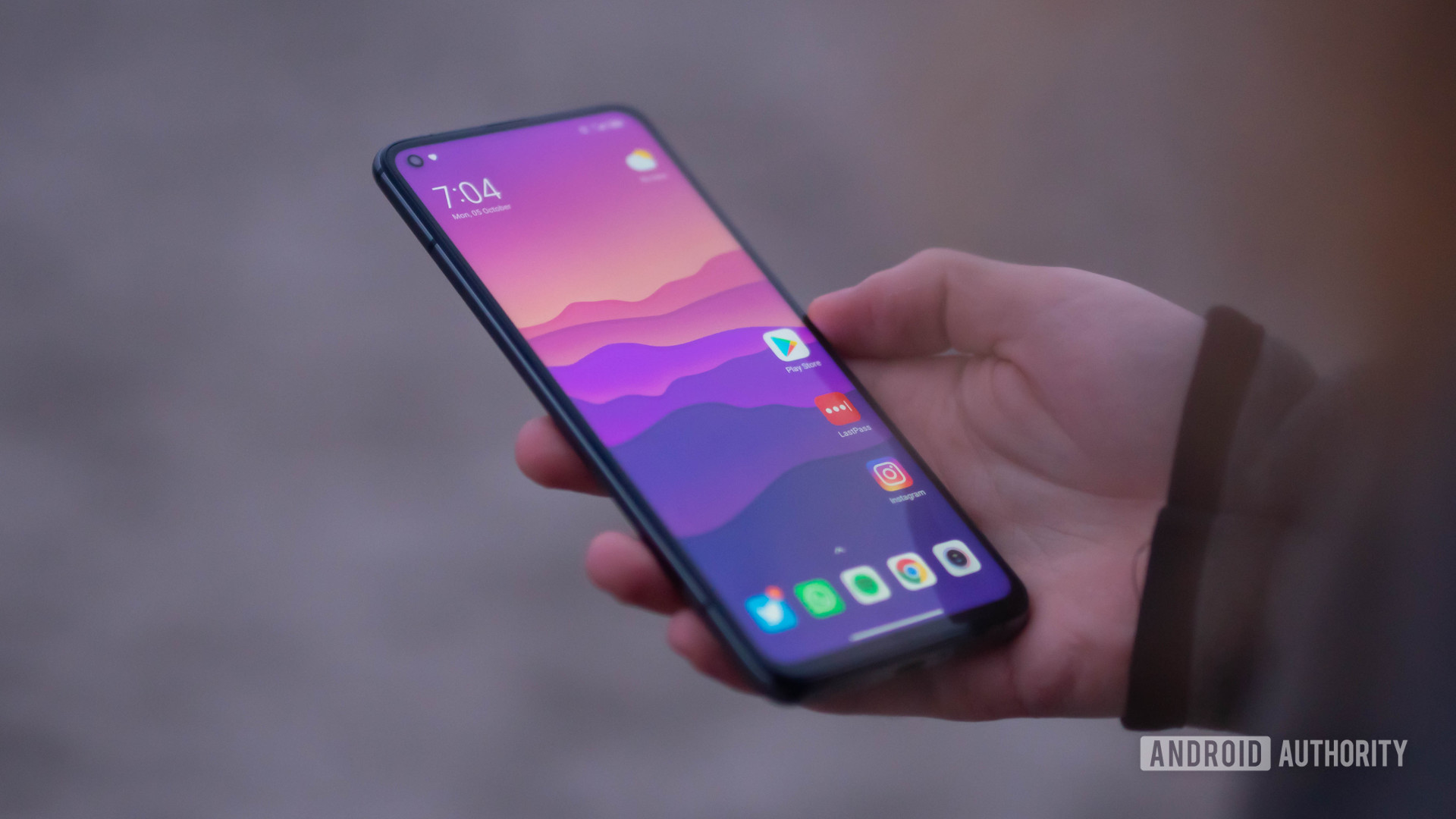Affiliate links on Android Authority may earn us a commission. Learn more.
It's time: Google should require two years of updates for every Android phone
November 12, 2020

When OnePlus said the Nord N10 and N100 would only get one major OS update, people were understandably livid. It wasn’t just that it would leave buyers running an outdated Android release well before the hardware was obsolete — it’s that OnePlus had no qualms about offering two years or more of updates for its higher-end devices. Effectively, the quality of support seems to hinge on the price of your phone.
That shouldn’t be acceptable. Simply put, it’s time for Google to require two or more years of update releases for every Android phone that uses its apps, not just those in the Android One program. While that will almost certainly pose challenges, it could significantly improve the security and overall experience for users, particularly those who can’t afford to buy new phones like clockwork.
Two-tier Android update policies hurt everyone

This two-tier approach isn’t a new phenomenon, and OnePlus’ activity isn’t the worst we’ve seen. It’s been all too common for vendors to release just one major Android update for lower-cost models, or to keep a device on its shipping OS even if the software is already a year old. Some brands are notorious for sticking customers with ancient Android versions.
That doesn’t excuse the behavior, though, and there are very real consequences for cutting the update schedule short. At a minimum, it leaves millions of phone owners vulnerable to security flaws that minor patches won’t fix. While you’re unlikely to be the target of an attack, you shouldn’t be left wondering if someone is stealing your data due to a flaw that was fixed on other phones a long time ago. That’s not even including the dangers of botnets — hackers can ruin the internet for everyone if they hijack a large number of phones.
Related: When will your phone get Android 11?
An inconsistent Android update release policy also limits access to features. Yes, Google Play Services mitigates the need to keep people on more recent OS versions, but it’s still true that you’ll be locked out of certain features unless you get a major upgrade. No monthly update is about to give you Android 11’s privacy features, for instance. And while missing out on a clever feature isn’t a disaster, it prevents Google and vendors from moving forward with ideas that require enough users to be running a baseline version. Your shiny flagship might be held back simply because there are too many people stuck with old Android revisions.
And frankly, it’s classist. While Android vendors aren’t likely to be malicious, they’re effectively telling customers that they don’t deserve robust update releases unless they buy premium hardware. Can’t afford the hottest model? Too bad — you’ll just have to accept that your phone will be outdated and vulnerable for most of its useful life. Many people simply don’t have the money to buy higher-end phones, particularly in developing countries, and they’re being punished for circumstances they often can’t control.
Update requirements would not only be effective, but ethical

Enough of the criticism, though — how would a universal update requirement help Android?
For security, the benefits would be quite clear. No matter what phone you bought, you’d have the latest security measures for much (if not all) of your device’s practical lifespan. Attackers would have a harder time compromising phones knowing that more people would have the latest Android release.
It would likewise raise the baseline for the overall Android experience. If Google and its Android partners knew that many more users were running relatively current updates, they could release new features that much sooner. They could drop older technology sooner, for that matter. Whatever you think of Apple, there’s little doubt that its uniform OS update strategy (almost all iOS devices get updates for at least four years) has helped it advance iPhone software more aggressively than you sometimes see with Android.
We’d add that it’s simply the ethically responsible thing to do. If Google required that all non-AOSP phones receive at least two years of updates, it would signal that every Android user is valued regardless of where they live or what they can afford. Your entry-level phone would be just as important as someone else’s top-tier handset. You’d have confidence in your phone’s ability to stay relevant, at least so long as it can still run the apps you need.
It won’t be easy, but it can be done

This isn’t to say that implementing such a change would be trivial. Android’s main strength, the diversity of hardware and software, is also a major challenge for consistent Android update releases. Google would have to ensure that its OS can run well for two years on even the most basic of devices, whether or not it’s running a stripped-down variant like Android Go. That’s no mean feat, and it wouldn’t be surprising if Google had to spend years rethinking and implementing new expectations.
We’d also expect some pushback. Not every phone brand has the resources to maintain Android on a wide range of models, and an update requirement could force some companies to use higher-end components, raise prices or subsidize costs through ads. Realme, for example, thrives on a wide range of budget devices. Could it afford to keep them all updated when it can cost a fortune in staff and testing time to support even one? Google would have to walk a fine line between raising the bar and respecting business models.
It's not a question of whether or not Google can make this happen, it's whether the tech giant is willing to devote the time and energy.
Google might have to be content with a compromise. It could offer incentives (such as earlier or greater access to services) to companies that adopt Android One or Go instead of using custom software. We wouldn’t count on that happening given the dearth of One and Go hardware. Still, it’s an option if Google can’t take more drastic action.
There’s evidence to suggest a strict requirement would be feasible, mind you. Samsung recently committed to supplying three years of updates for many of its upcoming phones and tablets, and not just the flagships. Motorola promised Edge Plus owners two major Android upgrades after initially offering just one. And remember, there are numerous affordable Android One phones. It’s not a question of whether or not Google can make this happen, it’s whether the tech giant is willing to devote the time and energy needed to give every Android phone the same amount of attention.
Thank you for being part of our community. Read our Comment Policy before posting.